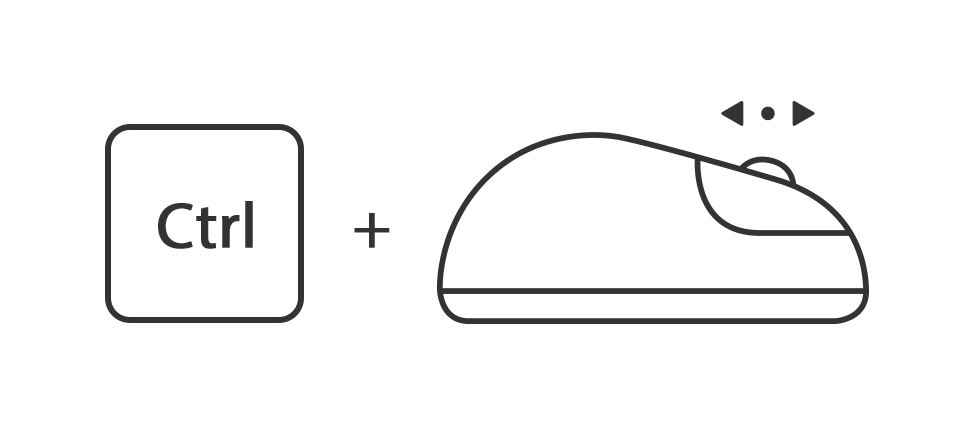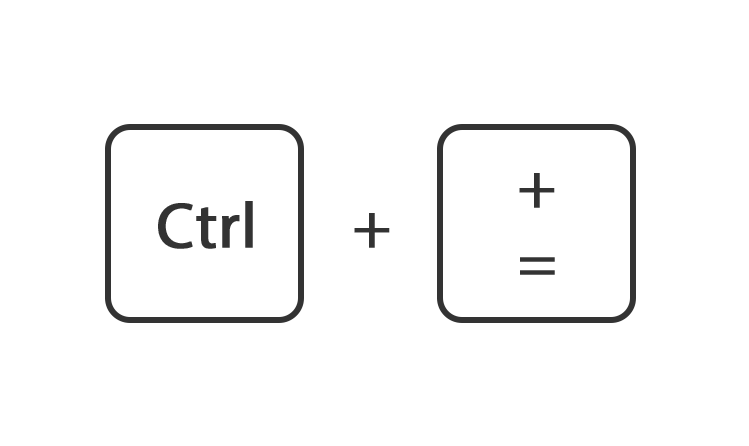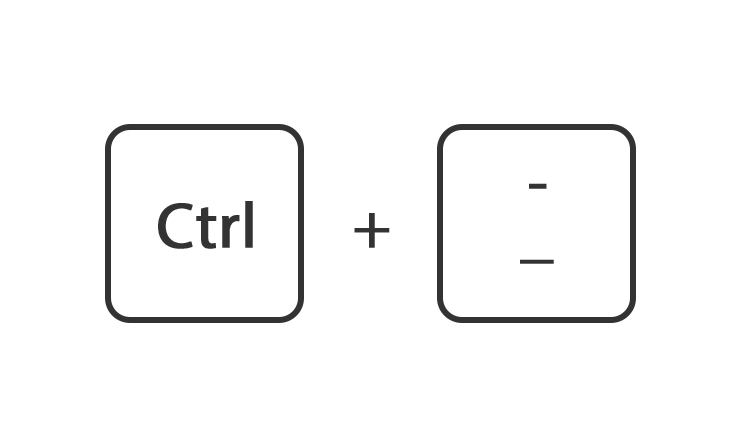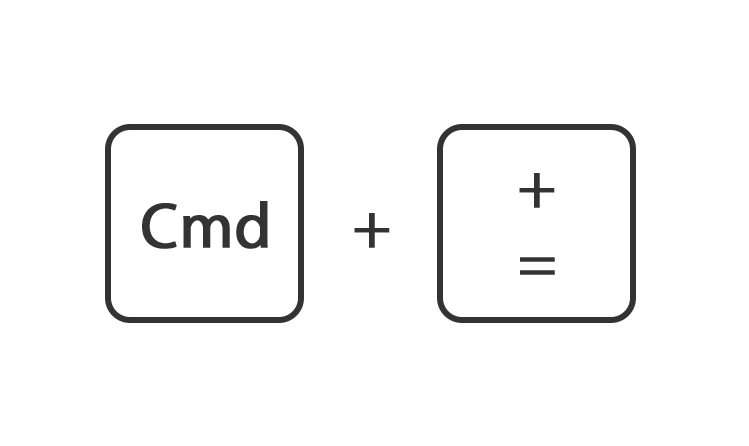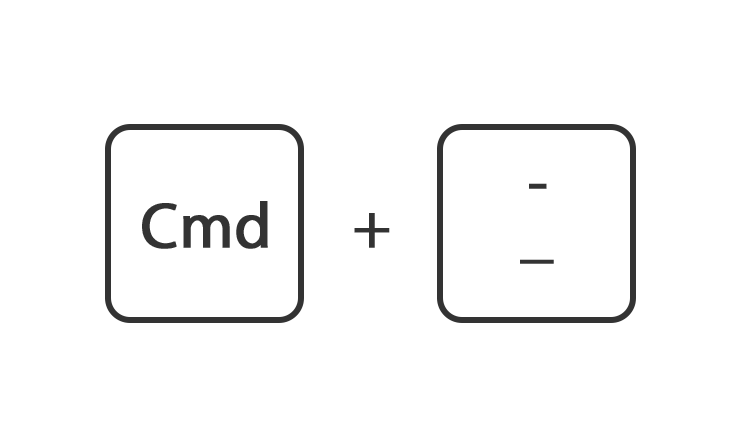Methods: We retrospectively analyzed 92 consecutive patients aged 65 years and older who underwent an alloSCT for myeloid malignancies between February 2018 and December 2022 at our institution. Data on patient characteristics, treatment modalities, and outcomes were collected.
Results: Ninety-two patients received an alloSCT with PTCy-based GVHD prophylaxis. The majority had minimal comorbidities and were diagnosed with acute myeloid leukemia (AML). Patients mostly received conditioning regimens with low to intermediate TCI scores. In 43% of patients, IS could be permanently stopped at day +90, resulting in a median time of IS of 2.93 months in high-risk patients. At a median follow-up of 21.3 months, the 1- and 2-year overall survival rates were 89% and 87%, respectively. Relapse-free survival rates were 88% and 84% at 1 and 2 years, respectively. The 1- and 2-year cumulative incidences of relapse were 8% and 13%, while transplant-related mortality (TRM) estimates were 9% at both time points. Acute GVHD grade 3-4 occurred in 7% within the first 180 days and severe chronic GVHD in 6% of patients. This all resulted in a 1- and 2-year graft versus host and relapse free survival (GRFS) of 74% and 70%, respectively.
Conclusion: AlloSCT using PTCy in combination with a short duration of IS in older patients with myeloid malignancies demonstrates favorable survival outcomes due to low relapse rates and a low TRM. The low incidence of relapse and acceptable rates of graft-versus-host disease suggest the efficacy and safety of this approach. Further studies are warranted to validate these findings and optimize transplant strategies for older patients with myeloid malignancies.
